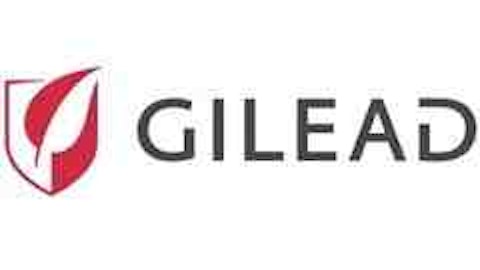It’s been a long time since China’s double-digit economic growth became the envy of nations across the world. Since then, the Chinese economy has slowed. According to Monday’s report, the country’s GDP grew by 7.5% in the second quarter — still a very good number and among the best in the world but a far cry from what many economists expected out of this growing leader. The slowdown’s hammered Hong Kong’s HANG SENG INDEX (INDEXHANGSENG:HSI) in 2013, which is down more than 8.4% for the year. Should you really believe in China’s economic miracle — or is the country’s slowdown only on the verge of inflicting more pain on growth-conscious investors?

A growth economy can’t keep up
China’s GDP decline has continued on a firm pace in 2013, declining 0.2 percentage points in both the first and second quarters. The country’s domestic investment has kept up growth even as China’s exports, the key that opened up the country’s astronomical rise over the past decades, have fallen off of their prior rapid pace.
That investment has sent prices soaring in some areas: Housing costs have boomed in major urban areas as demand has shot up, pricing many in China out of the market just as the middle class’ urbanization has risen. Home prices rose again in June, jumping 6.8% year over year despite Beijing’s attempts to temper the housing bubble.
Meanwhile, investment has taken a toll on other industries such as materials like steel and Aluminum Corp. of China Limited (ADR) (NYSE:ACH), where oversupply has poisoned not only the domestic market but also the worldwide industry. That’s resulted in both a hit to China’s economy and a major headache for investors, who have watched major Chinese materials leaders such as Chinalco Yunnan Copper Resources Ltd (ASX:CYU) suffer through plunging stock prices. Chinalco Yunnan Copper Resources Ltd (ASX:CYU)’s stock has nosedived by more than 34% this year alone as the aluminum sector has weathered a prolonged dry spell of demand and oversupply, fed primarily by China’s investment boom.
Investment mishaps have helped create China’s poorly regulated banking sector and recent credit crunch, and while Beijing’s taking a long-term view of reforming the financial sector rather than providing significant government support, the move will likely hamper the country’s growth even more.
China’s government attempted to ease the sector’s burden this past week by removing a floor on lending rates, although many observers have said that the move will likely impact lending and liquidity very little overall. Until borrowing costs fall significantly, China’s credit crunch will continue. In the long term, however, it’s a note of optimism for the economy’s financial sector: Beijing’s loosening of regulatory controls over the industry will help to create a more efficient banking sector by weeding out riskier lending.





